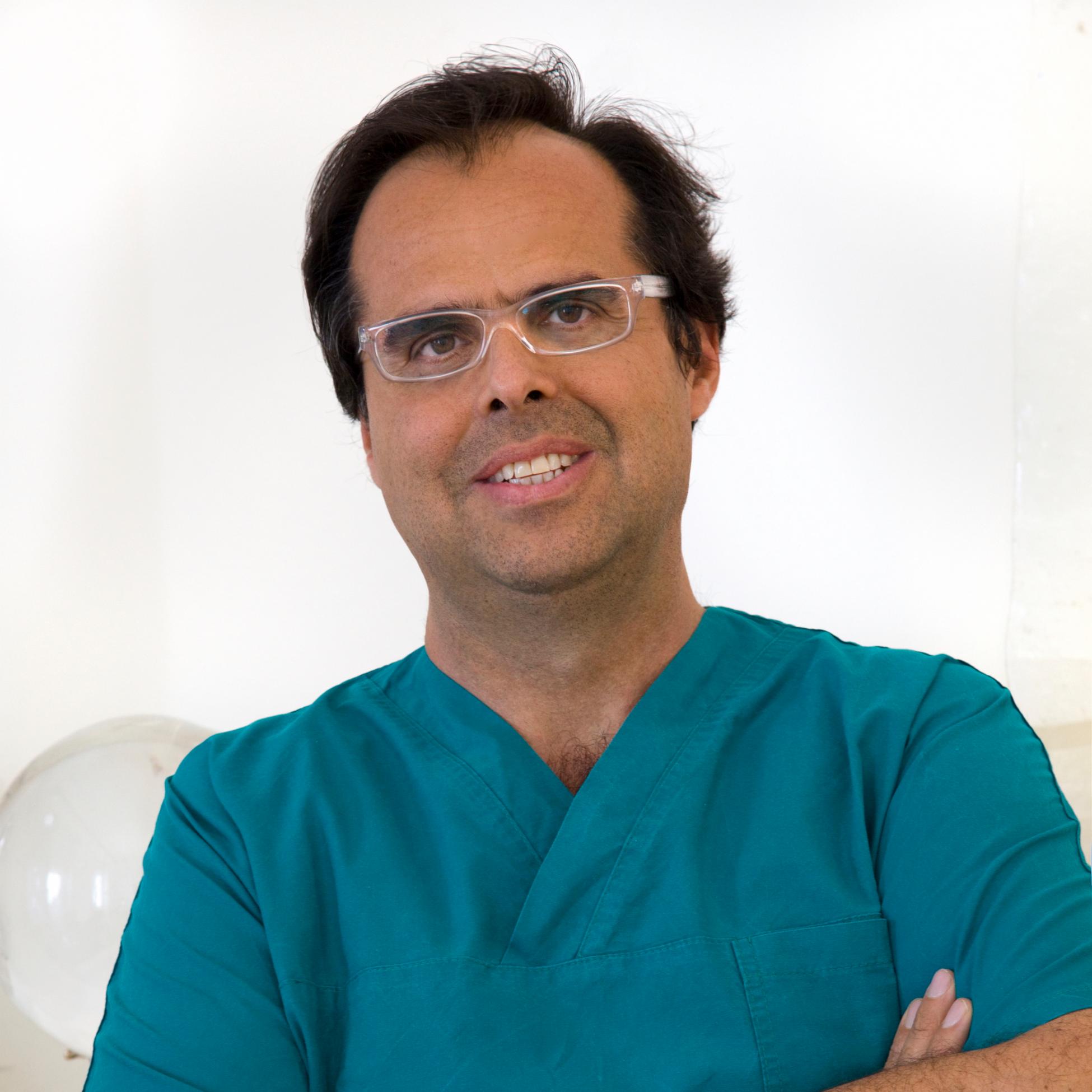Lipogems takes center stage in rehabilitative research in regenerative medicine. An article on Eurekalert, a highly authoritative source for international scientific developments, reports on the research findings.
The Kessler Foundation, a non-profit organization working to improve the lives of people with physical and cognitive disabilities (caused by stroke, multiple sclerosis, brain and spinal cord injuries, and other chronic neurological and musculoskeletal conditions) has received funding from the Derfner Foundation to support rehabilitation research in regenerative medicine and to train a scholarly doctoral group for careers in regenerative rehabilitation.
This represents another significant recognition for Lipogems and Prof. Carlo Tremolada, who regularly uses micro-fragmented autologous adipose tissue injections to treat shoulder and rotator cuff pathologies. The Kessler Foundation's research is the first to examine the safety and efficacy of micro-fragmented adipose tissue injections for chronic shoulder pain, specifically in wheelchair users with spinal cord injuries. These individuals are highly susceptible to shoulder injuries, resulting in pain and reduced mobility.
Shoulder surgery often fails to achieve desired outcomes, which is why global research is investigating viable non-surgical alternatives. The Lipogems treatment represents one of these promising alternatives.
Rotator cuff injuries are a common cause of pain and loss of function among manual wheelchair users with SCI. When pharmacological treatment and physical therapy fail to address the pain, rotator cuff surgery is often the only option. Injection with micro-fragmented adipose tissue is being tested as an alternative when conservative treatments fail. The procedure involves harvesting, processing (using the Lipogems® system), and injection of a sample of the person's own fat into the shoulder joint under ultrasound guidance. Fat tissue provides cushioning and fills structural defects, and may deposit bioactive and regenerative elements in the damaged tissues.
"So far, we've had six participants undergo the intervention and all have experienced better range of motion and less pain," noted Trevor Dyson-Hudson, MD, director of SCI Research at Kessler Foundation. "While results are preliminary, it appears that injection with adipose tissue prepared using the Lipogems system may be effective in treating shoulder pain from rotator cuff injuries in persons with SCI."
The Kessler Foundation has recently joined the International Consortium for Regenerative Rehabilitation (ICRR), further strengthening its commitment to advancing regenerative medicine treatments. This collaboration will help facilitate the development and translation of new technologies that restore function and enhance quality of life for patients with disabilities.
